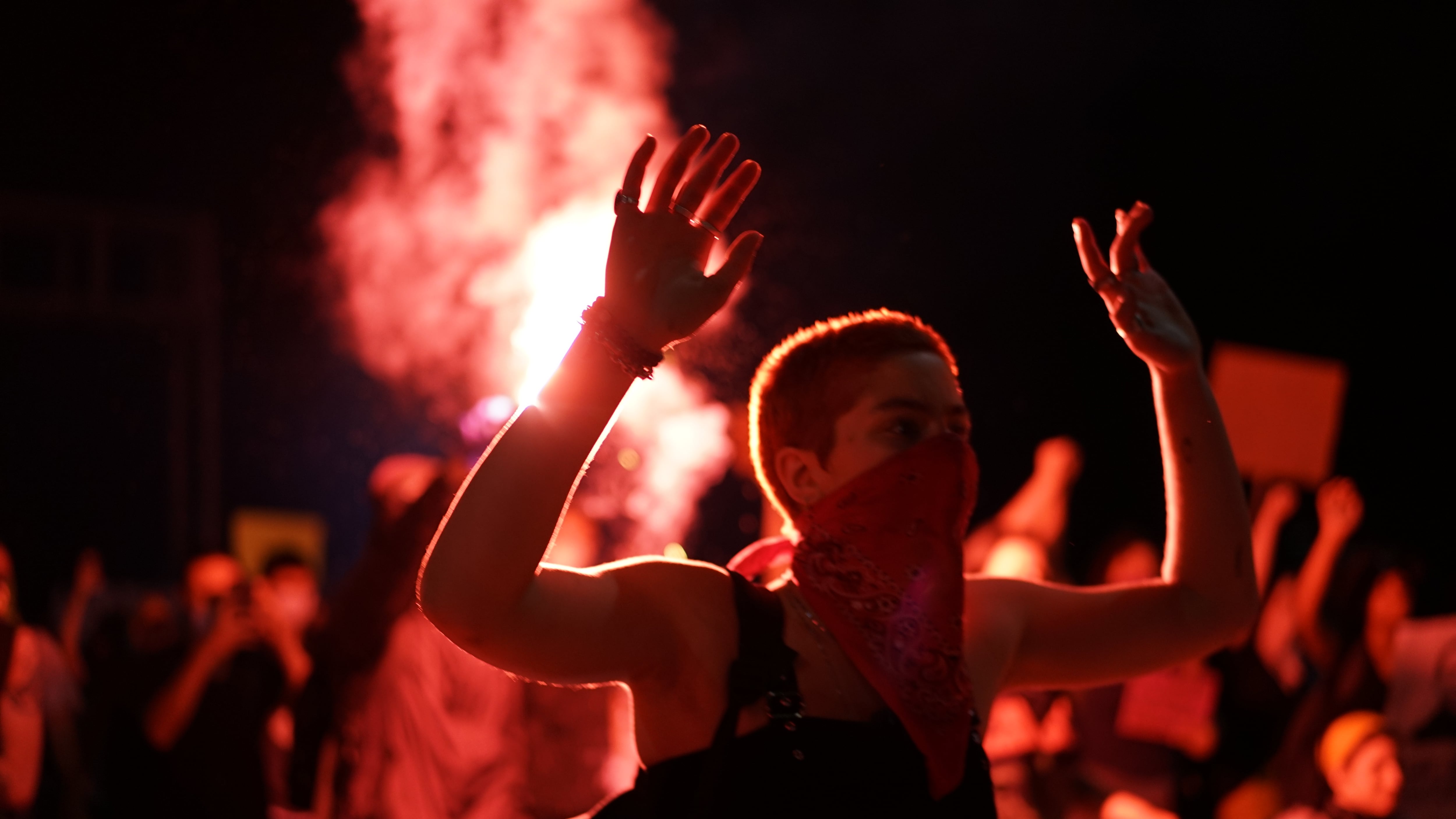LOTTERY TO OFFER VIRTUAL SPORTS: The Oregon Lottery announced plans May 29 to soon offer imaginary sports on its mobile sports betting app. Gamblers who signed up for the Scoreboard app can bet on "virtual sporting events, including virtual horse racing, greyhound racing and soccer." Kitty Martz, an anti-gambling activist, wants lawmakers to block the move, saying such games are "highly addictive." But lottery spokesman Matt Shelby says the agency will move forward under temporary rules, without Lottery Commission or legislative approval. The state's second-biggest source of revenue after personal income taxes, the lottery has been hammered by the closure of bars and restaurants, as well as the cancellation of live sports, and is struggling to restart. "The key word is balance; public health, responsible gambling, employee and retailer safety, and of course revenue," Shelby says.
FEDS NIX SECOND COQUILLE CASINO: Eight years after the Coquille Tribe applied to build a casino in Medford, 170 miles from its casino in North Bend, federal officials denied the tribe's application May 27. The Coquille faced heavy opposition from local, state and federal officials, including Gov. Kate Brown, U.S. Sens. Ron Wyden and Jeff Merkley, as well as the Cow Creek Band of Umpqua Tribe of Indians, which operates the tribal casino closest to Medford. John Tahsuda, the U.S. Department of Interior official who penned the rejection, cited those factors, a desire to maintain the balance of tribal and state gambling interests in Oregon, and the distance from the Coquille's headquarters. Coquille tribal chairwoman Brenda Meade blasted the decision and said the Coquille will continue to seek to build on properties it owns in Medford. "Instead of a fair and open process," she said, "this agency has turned to the hidden backroom process that is the hallmark of an overtly political process—a process federal law has tried to prevent."
HEALTH OFFICIALS FEAR MIXING TEAR GAS WITH COVID: Multnomah County health officials called on protesters to take extra health precautions when attending protests, which could become major spreading events for COVID-19. "Mass gatherings, like the kind we're seeing, were one of the first things that public health asked people to refrain from knowing that people mixing closely in large groups is a very effective way of spreading this virus, especially if there's coughing," tri-county public health officer Dr. Jennifer Vines said during a Monday night press conference, adding that tear gas-induced coughing could increase the risk of spreading the virus. "Anything that irritates the upper airway is not going to be helpful. I'm definitely concerned at anybody coughing in close proximity to others." Multnomah County public health director Rachael Banks urged protesters to carry hand sanitizer, always wear a face covering, and maintain 6 feet of social distance from others. "While we're in a moment right now where we're fighting a respiratory pandemic, one in which shortness of breath and the inability to breath is a signature symptom, we're also in a moment where we horrifically watched the video of George Floyd yelling out, 'I can't breathe.'"
POLICE UNION COULD GET CONTRACT EXTENSION: Portland and its police union are discussing extending the police contract by a year. That's an approach supported by City Commissioner Jo Ann Hardesty, a champion of police reform. In a June 1 press conference, she explained her approach was driven by a desire to have community involvement in contract negotiations. "We were only able to have one meeting before COVID-19 hit," said Hardesty. "And because of the commitment the City Council has made to make sure the union contracts talk would be held in public, they have been on hold. We believe now our best approach is just to extend the contract by one year." Meanwhile, the council is expected to ratify pay cuts June 3 agreed to by three civilian city unions, including Laborers' Local 483 and the District Council of Trade Unions. The agreements include an unusual clause that puts pressure on the Portland Police Association. It immunizes the civilian unions from further cuts should the police union balk at accepting similar pay cuts.

